Browse Methods
Investigate world history approaches to analyzing different kinds of primary sources.

History of Pre-Modern Math
Before the widespread adoption of Arabic numerals, medieval and early modern Europeans added, subtracted, multiplied, and divided using a type of abacus known as a counting board and only afterwards recorded the results of their calculation using Roman numerals, written number words, or object-based number systems.

Analyzing Travel Records
In a way, all historical thinking and all historical writing deal with travel accounts. They do not necessarily involve the physical removal of historians’ bodies to distant Image of Aztec Warriorlands, but they require historians to engage with different interests and perspectives in the world of the past, which some scholars have likened to a foreign country.
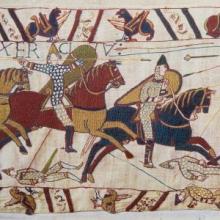
Analyzing Primary Sources on Women in World History
Traditionally, historical writing focused on elites and often rendered women invisible unless they were queens or empresses.
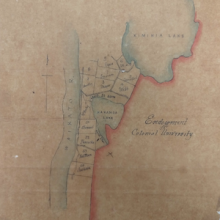
Primer: A Global History of Higher Education
Histories of higher education tend to focus on a single institution – the university biography – or address the subject within the context of the nation-state.
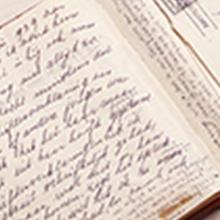
Analyzing Personal Accounts
Personal accounts, including memoirs, journals, diaries, autobiographies, and life histories, are important historical sources that help us understand the human condition. These are the stories we tell about our lives that usually portray a larger picture of a life in historical context.
Primer: Transnational Mobility and State Formation
Modern nation-states and transnational mobility – the movement of people, things, and ideas across borders – are two important subjects for historians to study. They are two fundamental features of the modern world and have influenced one another constantly over the last several centuries.
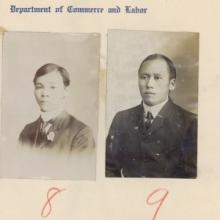
Primer: Borderlands History
Borderlands history studies the making and crossing of borders. While the term “borderlands” has no fixed definition, it can refer to spaces of encounter between different peoples and political entities.
Analyzing Official Documents
Official documents produced by governments, supranational organizations, courts of law, and more are abundant in supply, but can be intimidating and confusing to approach. They are often filled with language that seems convoluted, emotionless, and highly technical.
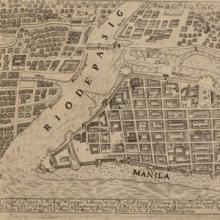
Primer: Global Urban History
Urban history is a rich subfield of historical scholarship that examines life in urban spaces, how communities within cities interact and coexist, as well as the process of city formation and urbanization. Since cities date from Ancient times and also exist throughout the world, they also provide a valuable lens for world historians to make connections across time and space.
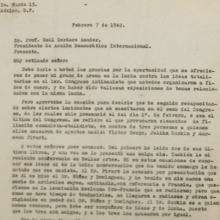
Primer: Intellectual Exchange
Ideas do not confine themselves to national borders, and thus intellectual exchange provides an invaluable lens for exploring world history. Tracing how knowledge develops and ideas spread requires a close analysis of exchange of ideas across regions — sometimes across large distances.
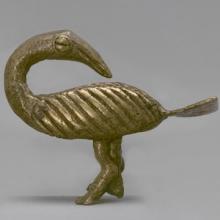
Primer: Technology
Technology, broadly defined, denotes not only transformative innovations but the whole spectrum of tools, skills and artifacts with which human societies construct their worlds. The impact of technology is symbolic and social as well as material: artifacts have meaning; ways of making and doing embody beliefs and values, identities and relationships.

Primer: The History of Globalization
Globalization, defined here as the integration of an interdependent economy that simultaneously enhances cultural exchanges relying on the mobility of people, animals, plants, pathogens, objects, and ideas, is a useful concept for exploring connections across space and time.

Analyzing Newspapers
A newspaper is a publication intended for a broad audience that appears regularly, often daily, and claims to contain factual accounts of recent events. Usually newspapers are published with the intention of making a profit. Frequently, their factual content is accompanied by advertisements and nonfactual material intended as entertainment.
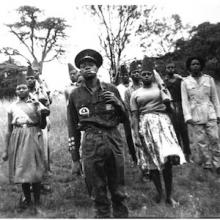
Primer: Rewriting of Sub-Saharan African History
The history of Africa, and especially Sub-Saharan Africa, has often been presented from a Eurocentric point of view. This essay by scholar Mariana Gino traces the efforts by Black intellectuals around the globe to re-center Africans in the narrative of African history — an important primer for teachers of world history.
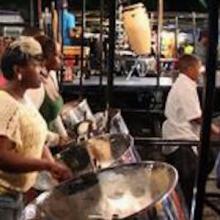
Analyzing Music
Everywhere you go, there it is.
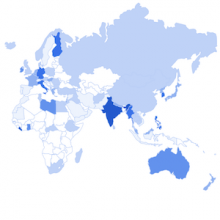
Primer: Comparative History
Comparison is used in many different ways in world history, both implicitly and explicitly.

Primer: Big History
Big History is an approach to world history that takes as its subject the story of the whole of the Universe, from its creation, 13.8 billion years ago, in the Big Bang. It describes the creation of stars, the forging of new types of matter in dying stars, the formation of the first planets and moons, and the emergence of life on at least one planet, the Earth.
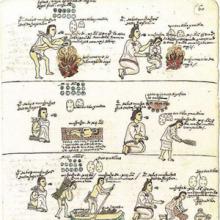
Primer: Gender in World History
Gender history developed in the 1980s out of women’s history, when historians familiar with studying women increasingly began to discuss the ways in which systems of sexual differentiation affected both women and men.

Primer: Oceans
Oceans, which cover approximately 70 percent of the earth’s surface, have played a crucial role in shaping human history. Using oceans and seas as a unit for analysis is, however, a relatively new framework for historical analysis. The traditional units of historical analysis include civilizations, continents and especially nation-states.
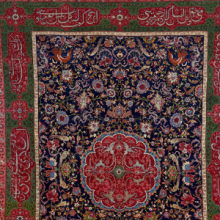
Primer: Transcultural History
Broadly, transcultural histories include those historical contexts and processes brought about by circulation of people, objects, and knowledge through travel, trade, migration, or globalization.